Manchester Emergency Services
For Africans settling in the city of Manchester, just like any city in the UK, emergency services are very popular and paramount for the living and well-being of locals and expats in the country. Safety is the foundation of a thriving community, ensuring that everyone can live, work, and enjoy their environment with peace of mind. It means having access to reliable emergency services, feeling secure in your neighbourhood, and knowing where to turn in times of need. In Manchester, safety is about creating a supportive environment where residents, including newcomers, can find assistance and protection when facing challenges, fostering a sense of belonging and security for all. From hospitals to blood donor centres, understanding and navigating Manchester’s emergency services ensures a quick and effective response to the crisis.
Hospital and Clinic Locations
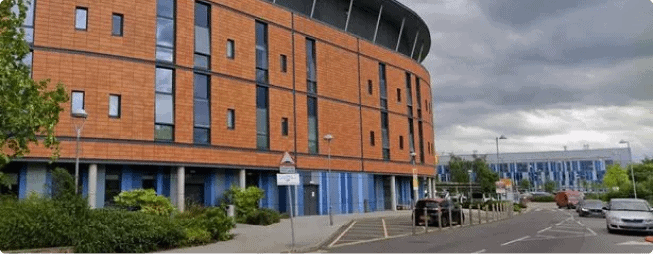
To find detailed information about hospital and clinic locations in Manchester, Africans can consider top options. The National Health Service (NHS) website provides a comprehensive tool for locating hospitals, GP practices, urgent care centres, and other medical facilities in Manchester. Simply enter your postcode to find nearby services. Private Healthcare UK offers a directory of private hospitals and clinics in Manchester. You can find information on specialised treatments and book consultations directly with private providers. The Care Quality Commission website allows you to search for hospitals and healthcare providers in Manchester, along with their ratings and inspection reports. It’s ideal for those looking for quality care options. These websites provide reliable options for locating hospitals and clinics in Manchester, making it easier to access the healthcare services you need.
Emergency Hotline Numbers
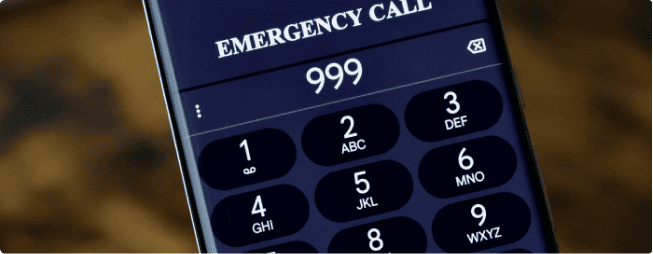
Emergency hotlines in Manchester are essential resources for residents, providing immediate assistance during critical situations. These hotlines connect you to vital services such as medical aid, police, fire, and rescue operations. Whether you’re dealing with a health emergency, witnessing a crime, or facing a fire, knowing the right hotline to call can make all the difference. Emergency Hotlines like Emergency Services (Police, Fire, Ambulance): 999, Non-Emergency Police: 101, NHS 111.
Mental Health Support (Samaritan): 116 123, This helpline offers confidential support for anyone in emotional distress or crisis.
Gas Emergency (National Grid): 0800 111 999, Report gas leaks or emergencies related to gas safety. It’s crucial to save these numbers for quick access in emergencies, ensuring that you and your loved ones can receive timely help when needed.
Poison Control Information
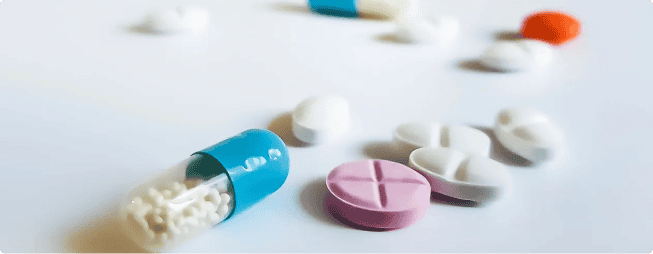
Poison control information is critical for ensuring safety and swift response in the event of exposure to toxic substances. In Manchester, the Poison Control Centre offers resources and guidance to address various poisoning incidents, including those involving household chemicals, medications, plants, and environmental toxins.
Poison Control: 0344 892 0111 Contact this service for advice on suspected poisoning or exposure to toxic substances. This 24/7 helpline provides immediate advice from trained professionals who can assess the situation and recommend the necessary steps to take.
Access to poison control information is essential for protecting health and safety in emergencies involving toxic exposure.
Natural Disaster Preparedness Tips
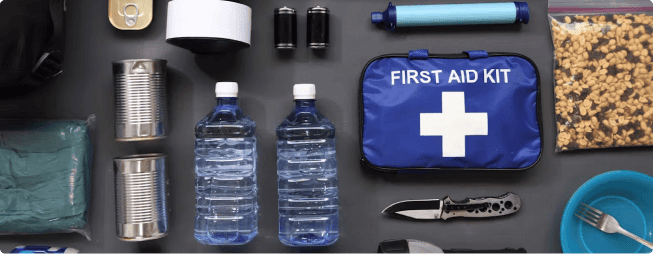
Be prepared for any natural disaster with these essential natural disaster preparedness tips tailored for the African community in Manchester. Some of the tips that could help prepare you for natural disasters are to learn how to create an emergency plan, build a preparedness kit, create a family disaster plan, practice your disaster plan, build a disaster supply kit for your home and car, educate and prepare your children, don’t forget those with special needs, learn CPR and first aid, eliminate hazards in your home and the workplace, and always stay informed to ensure your safety and that of your loved ones.
First Responder Contact Details
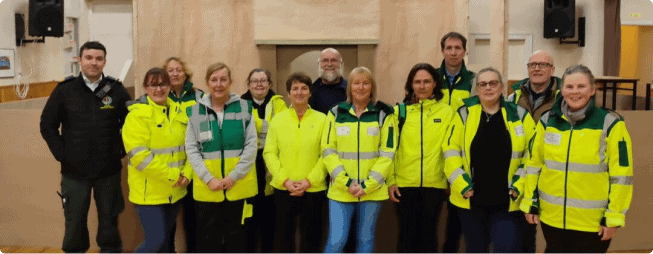
First responders are professionals who are among the first to arrive at the scene of an emergency. Their primary role is to provide immediate assistance to individuals in crisis and to manage the situation until more advanced help arrives. First responders for emergency services (police, fire, ambulance) 999 and Non-Emergency Police 101 are crucial in stabilising situations, ensuring safety, and providing initial care before transferring patients to hospitals or other facilities for further treatment.
Roadside Assistance Services

Roadside assistance services provide help to drivers experiencing vehicle issues on the road. The common services offered by roadside assistance providers are towing services, battery jump-start, flat tyre change, fuel delivery, assisting drivers who accidentally lock themselves out of their vehicles, performing basic repairs on-site, such as fixing a hose or replacing a belt, and pulling a vehicle out of a ditch or mud if it is stuck.
Roadside Assistance (National Breakdown): 0330 123 1230, Automobile Association and Royal Automobile Club are top roadside assistance providers in Manchester
Urgent Care Guidelines
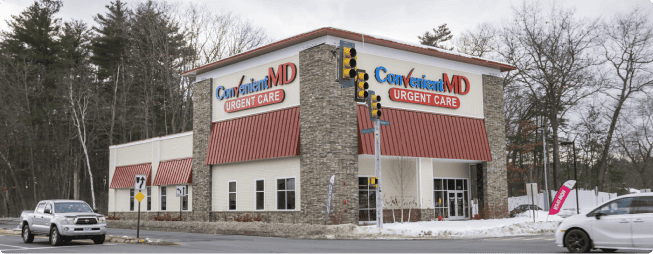
Urgent care services in Manchester provide essential medical support for non-life-threatening conditions that require immediate attention. Understanding when and how to utilise these services can help individuals receive appropriate treatment and maintain their health effectively. When to use urgent care: seek urgent care for issues like minor fractures, sprains, burns, infections, cuts that need stitches, and severe headaches. For conditions such as chest pain, difficulty breathing, or severe bleeding, go directly to Accident & Emergency (A&E). Always come along with identification (NHS number, if available), a list of current medications, and any relevant medical history. If you receive treatment at an urgent care centre, follow any aftercare instructions provided by the medical staff.
Emergency Training Workshops
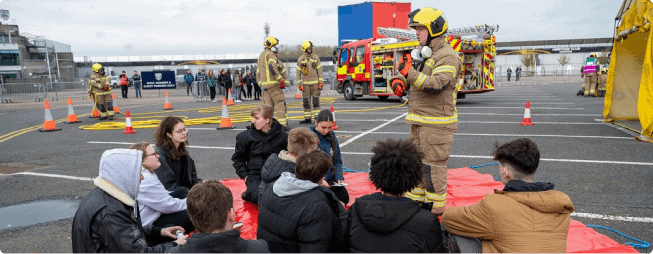
Emergency training workshops in Manchester are designed to equip individuals with the skills and knowledge needed to respond effectively in emergencies. These workshops cover various topics, including first aid, CPR, fire safety, and disaster response. The British Red Cross, Emergency First Aid Training, and St. John Ambulance are top organisations that offer training.
Public Safety Alerts
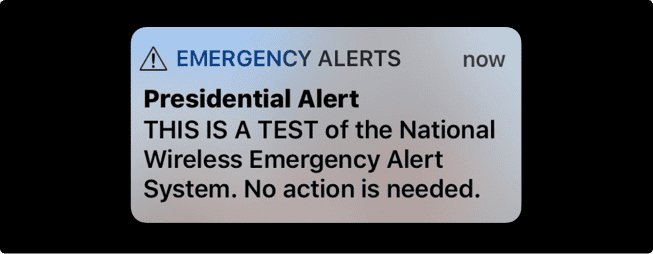
Public safety alerts in Manchester are issued to inform residents about potential dangers or emergencies affecting the community. These alerts can include information about severe weather, public health threats, crime warnings, and other safety concerns. Manchester City Council and Greater Manchester Police (GMP) are the most reliable sources to stay informed and alert.
Blood Donation Centres
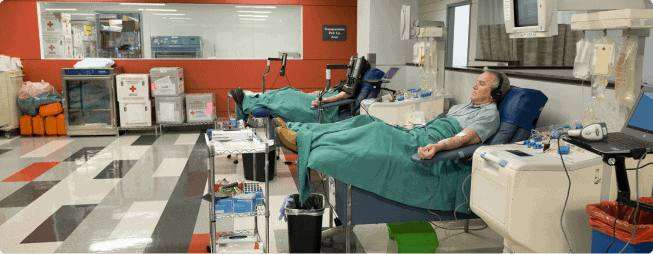
In Manchester, the NHS Blood and Transplant Service encourages individuals to donate blood regularly to maintain an adequate supply for hospitals and clinics. Blood donation is a vital service that supports healthcare by providing lifesaving blood for patients in need. Donating blood helps treat various medical conditions, including surgeries, trauma, and cancer treatments. Looking to donate blood in Manchester? Appointments can be made online through the NHS blood and transplant donor centre or by calling 0300 123 232.
What To Look Out For
- It’s essential to register with a GP as soon as you move to Manchester. This will give you access to referrals and regular health check-ups.
- The NHS offers free services for many conditions, while private care provides faster access and specialised treatments for those who can afford it.
- In case of a medical emergency, call 999. For non-urgent medical advice, dial 111.
- Always keep the poison control hotline number handy, and educate family members about its importance.
- Always educate your children on the importance of emergency numbers and urge them to use them when necessary.
- Make sure to have these numbers handy and always dial 999 for life-threatening emergencies.
- Most providers of road assistance services require you to be a member or have a specific policy that includes roadside assistance and be prepared to provide your location, vehicle details, and a description of the issue.
- If you’re ever unsure about guidelines that should help you navigate urgent care options in Manchester effectively, calling NHS 111 can provide you with immediate guidance on where to seek care.
- Always check opening hours before visiting an urgent care centre or A&E, as they may vary, especially on holidays.
- To be eligible to donate blood, certain criteria must be met regarding age, weight, and health status.
- Follow GMP, Manchester City Council, and other local agencies on social media platforms for the latest updates, and use community safety apps or local forums to receive alerts and share information with neighbours.
- Local news stations and websites often report on significant public safety issues affecting the area.
